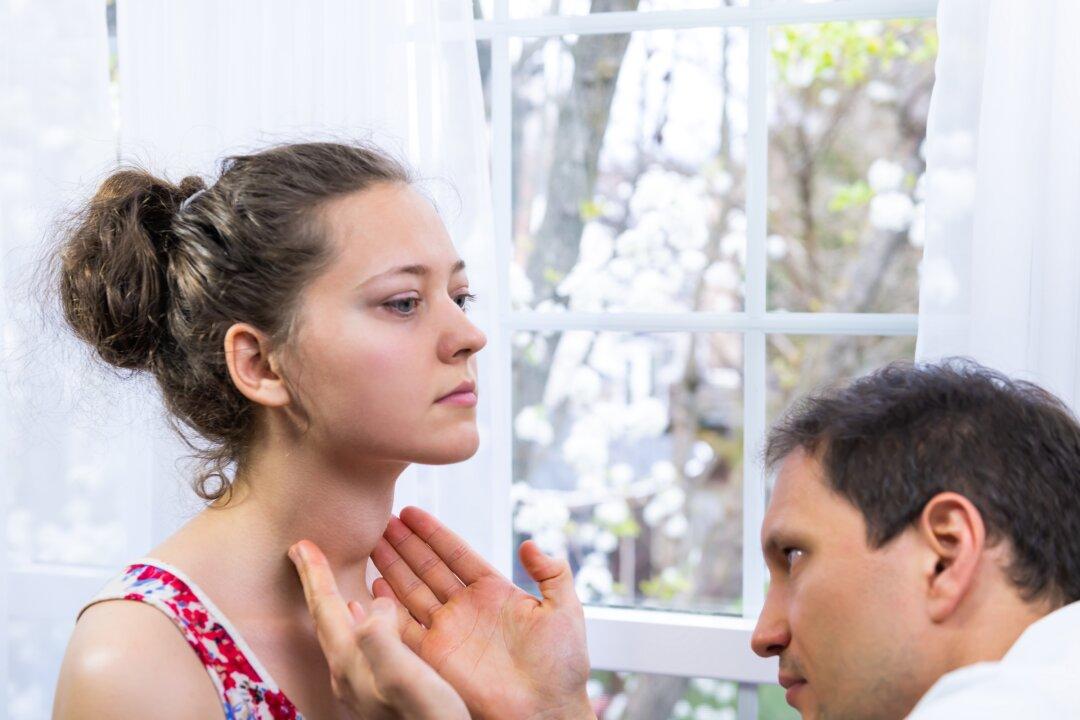Low levels of testosterone can come with glaring symptoms such as fatigue, erectile dysfunction, weight gain, and reduced bone mass.
In the face of aging, many men immediately opt for hormone replacement therapy. While significant results may manifest in no time from this increasingly popular treatment, there can be serious consequences down the road, particularly if the underlying cause of low testosterone isn’t addressed properly.





